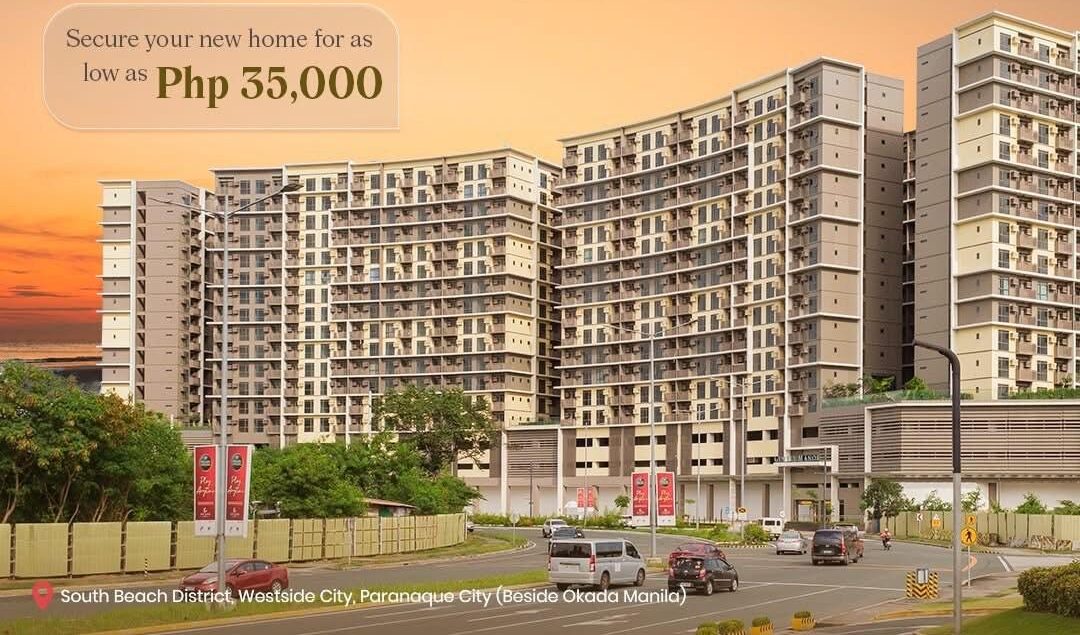Ever dreamt of owning a home in the Philippines but worried about the process from abroad? You’re not alone! Many Overseas Filipino Workers (OFWs) and Filipinos living overseas share this dream.
This guide tackles the steps in buying Philippine real estate, easing your concerns and smoothing the process.
The Power of a Representative: Attorney-in-Fact
Since you’ll likely be abroad, you’ll need a trusted representative, called an attorney-in-fact, to handle things on your behalf. They’ll reserve the unit, sign forms, and deal with different agencies.
The Importance of Consularization
Certain documents must be “consularized,” meaning authenticated by the Philippine consulate in your country of residence. This step verifies their legitimacy and typically costs around $25 per document.
Step-by-Step: Owning Your Dream Property
- Reservation and Documents: Your attorney-in-fact reserves the unit and sends you the Special Power of Attorney (SPA) for you to sign and consularize. Additionally, within 30 days, you’ll need to submit income proof, proof of billing address in the Philippines, TIN (tax identification number), a consularized Certificate of Employment and Compensation (CEC), and your employment contract (photocopy certified as true and correct).
- Financing: Your attorney-in-fact will apply for a housing loan with a bank, developer, or Pag-IBIG (a Philippine government agency for housing).
- Sending Requirements: Send all the gathered documents back to your property specialist via courier.
- Final Steps: Your agent submits everything to the developer. All you need to do is ensure your checking account is funded for the down payment and start paying monthly amortization.
Note: These steps might vary depending on the developer and financing institution.
Condominiums: Ownership and Foreign Ownership
For condominiums, a down payment of 10%-30% is usually required. Ownership is proven by a Condominium Certificate of Title (CCT). However, the transfer of title typically happens upon full payment. It’s important to note that foreign ownership in condominium projects is limited to 40%.
- Beyond the Purchase Price: Additional Costs
- Factor in these additional costs when budgeting:
- Capital Gains Tax: Paid by the seller (6% for individuals, 10% for developers) but might be negotiated between buyer and seller.
- Documentary Stamp Tax: 1.5% of the actual sale price (usually paid by the buyer).
- Transfer Tax: 0.5% of the actual sale price.
- Registration Fee: 0.25% of the actual sale price.
Inspect Before You Invest
Always inspect the property physically and through the Register of Deeds to ensure legal documentation and proper ownership.
The Turnover Process: Taking Possession
The turnover process is crucial! Here’s a basic outline:
Completion of the unit starts after receiving clearance from Documentation.
Completion timelines vary (30 days for single units, 45 days for tandem units, and around 9 months for construction).
You’ll have a chance to inspect the unit and request rectification of any issues.
Settle all required fees and deposits before receiving the unit.
During turnover, you’ll receive homeowner orientation and a welcome kit.
Investing in Your Dream
This guide aims to empower you, a Filipino abroad, to confidently navigate the process of buying real estate in the Philippines. Remember, knowledge is power!
Ready to Start Your Journey?
Get in touch with us to know more and for us to assist you with your condo home buying journey!


